Summary
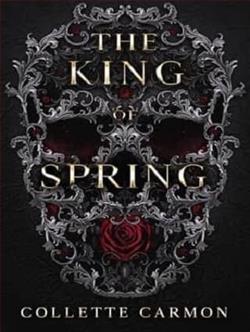
The King of Spring
by Collette Carmon
What if everything you knew of the gods was wrong?
Homer’s story ends the way all do—in death.
In the Land of the Dead, Homer makes his way to Hades’s obsidian throne room. Upon a glassy throne, Homer finds a queen wrapped in darkness with eyes as white as mist. She asks if he wants to hear the real story of Hades and his queen. Beginning Homer’s new purpose—rectifying, in death, the stories he got wrong in life.
Hades doesn’t want a consort, but Zeus is determined to bend Hades to his will. To keep the peace, Hades agrees to Zeus’s demands. Telling the King of the Gods that Hades will allow the farce if Zeus allows Hades to give up after a year.
Kore moves amongst the gods and goddess of Olympus as all other “nameless” gods do. Demeter hates her only child and is content to keep Kore hidden in the shadows of society while heaping praises upon her perfect daughter, the Goddess of Spring. Kore wants more than Olympus and Demeter’s overbearing hold. The decree from Zeus, posted in the courtyard of the university, gives Kore the perfect opportunity to leave the suffocating world of Olympus.
At the ball, no one dares step forward as consort for the Ruler of the Dead. Only Kore. Kneeling before Hades, Kore says, “I will be your consort…”
All hell breaks loose, and the newlyweds who chose each other out of convenience have to decide if their love is one worth waging war for.
.
Read
The King of Spring on http://kissnovel.net
Martial Peak Reviews
The King of Spring by Collette Carmon is a captivating reimagining of the mythological narratives surrounding Hades, Persephone, and the pantheon of Greek gods. The novel opens with a provocative premise: what if everything we thought we knew about the gods was fundamentally flawed? This question sets the stage for a rich exploration of themes such as identity, power dynamics, and the nature of love, all while weaving a tapestry of myth and modernity that resonates deeply with contemporary readers.
The story begins with Homer, the legendary poet, navigating the afterlife in Hades’s realm. Here, he encounters a mysterious queen shrouded in darkness, who offers him a chance to uncover the true story of Hades and his queen. This framing device not only serves as a clever narrative hook but also invites readers to reconsider the traditional tales that have shaped our understanding of these iconic figures. Carmon’s choice to place Homer in the Land of the Dead is particularly poignant, as it allows for a meta-commentary on storytelling itself—how narratives are constructed, deconstructed, and often misrepresented over time.
As the plot unfolds, we are introduced to Kore, a character who embodies the struggle for autonomy against the backdrop of divine expectations. Kore’s relationship with her mother, Demeter, is fraught with tension, as Demeter’s overbearing nature stifles Kore’s desire for independence. This mother-daughter dynamic is a powerful exploration of familial obligation and the quest for self-identity, themes that resonate with anyone who has grappled with the weight of parental expectations. Kore’s decision to step forward as Hades’s consort at the ball is a pivotal moment in the narrative, symbolizing her rebellion against the constraints imposed upon her by both her mother and the societal norms of Olympus.
Hades himself is portrayed as a complex character, caught between his own desires and the demands of Zeus, the King of the Gods. Carmon’s depiction of Hades is refreshingly nuanced; he is not merely the grim ruler of the underworld but a figure who yearns for agency in a world that seeks to define him. The tension between Hades and Zeus serves as a microcosm of the broader power struggles that permeate the novel, illustrating how the gods are not immune to the same conflicts that plague humanity. This exploration of power dynamics is particularly relevant in today’s context, where issues of authority and autonomy are at the forefront of societal discourse.
The relationship between Hades and Kore evolves from one of convenience to a deeper connection, challenging the notion of love as a mere transaction. Their journey together is fraught with obstacles, as they must navigate the expectations of the gods and the chaos that ensues from their union. Carmon skillfully develops their relationship, allowing readers to witness the gradual transformation of their bond from a pragmatic arrangement to a partnership forged in mutual respect and understanding. This evolution is a testament to the idea that love can emerge in the most unexpected circumstances, a theme that echoes throughout literature but is particularly resonant in the context of mythological retellings.
Thematically, The King of Spring delves into the complexities of choice and consequence. Kore’s decision to align herself with Hades sets off a chain reaction that forces both characters to confront their pasts and the legacies they wish to leave behind. The narrative raises important questions about agency: to what extent are we defined by our choices, and how do those choices shape our identities? This exploration is particularly relevant in a world where individuals often feel trapped by societal expectations and familial obligations.
Carmon’s prose is both lyrical and evocative, painting vivid imagery of the underworld and Olympus. The world-building is rich and immersive, allowing readers to fully engage with the mythological landscape. The author’s attention to detail enhances the reading experience, making the fantastical elements feel tangible and real. The dialogue is sharp and engaging, capturing the essence of each character’s personality while also propelling the plot forward.
In comparison to other retellings of Greek mythology, such as Madeline Miller’s Circe or Jennifer Saint’s Ariadne, Carmon’s work stands out for its focus on the interplay between choice and destiny. While Miller and Saint explore the lives of their titular characters in isolation, The King of Spring emphasizes the interconnectedness of the gods and the impact of their relationships on one another. This broader perspective enriches the narrative, providing a more holistic view of the mythological world.
Overall, The King of Spring is a thought-provoking and beautifully crafted novel that challenges readers to reconsider the stories they think they know. Collette Carmon has created a compelling narrative that intertwines themes of love, power, and identity, all while paying homage to the rich tapestry of Greek mythology. The book invites readers to reflect on their own lives and the choices they make, making it a resonant read for anyone seeking a deeper understanding of the human experience through the lens of myth.
In conclusion, The King of Spring is a must-read for fans of mythology, romance, and character-driven narratives. Carmon’s ability to breathe new life into ancient tales while exploring contemporary themes makes this novel a standout in the genre. It is a story that lingers long after the last page is turned, prompting readers to ponder the complexities of love and the power of choice in their own lives.




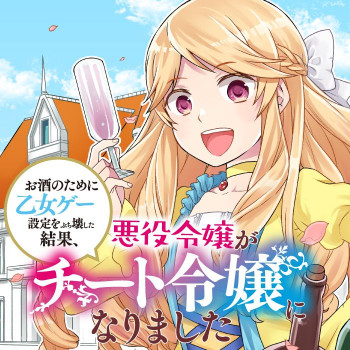

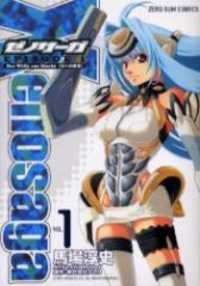

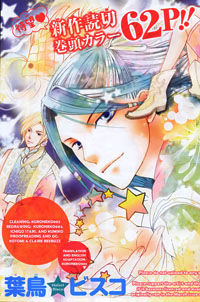
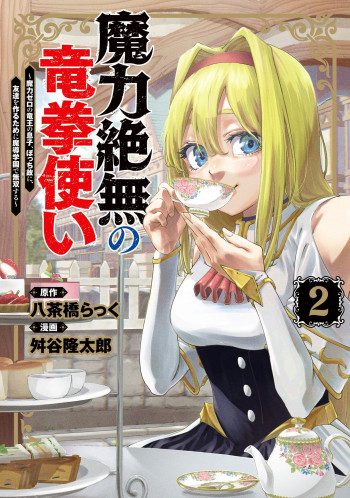
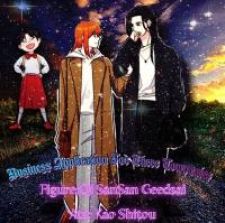
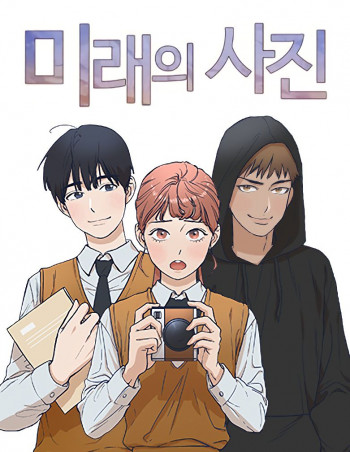
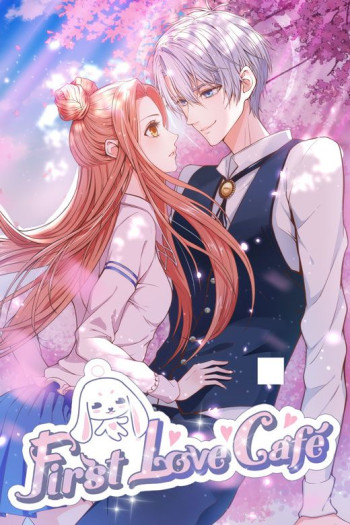
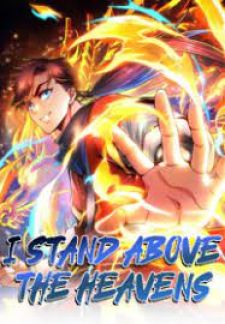










Reviews 0
Post a Reviews: